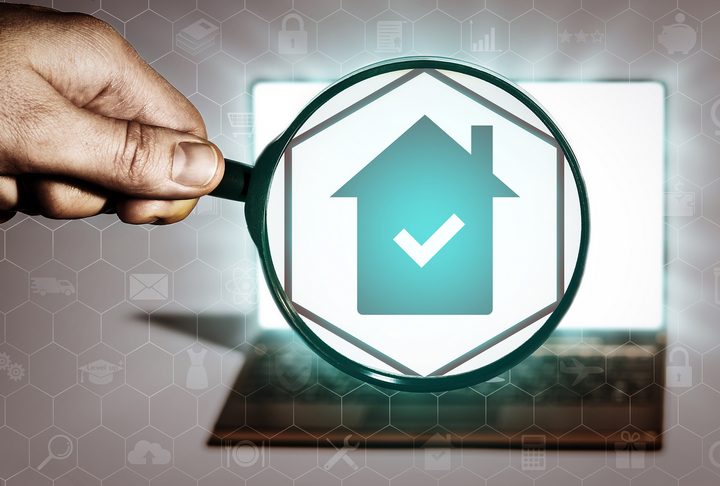You might have considered buying tax-delinquent properties if you are just starting in real estate. A property becomes tax delinquent when the owner fails to pay taxes assessed against the property’s value. The outstanding amount becomes a lien to the property, and the government can hold a tax sale to recover the tax due to accrued penalties.
Although this sounds like an exciting way to acquire real estate, it presents challenges, especially for novice real estate investors. It would be best if you did extensive research so that you don’t end up losing money.
Tax-delinquent property auctions are ideal if you are looking for unique real estate opportunities. However, for novice investors, they can be pretty challenging. But, it could be very lucrative if you do due diligence, as you could acquire properties at a fraction of their market price.
Below are disclosed tips for tax-delinquent property auctions.
Tip #1: Learn About Tax Sales

A tax sale can be a tax deed auction or a tax lien certificate auction involving tax delinquent properties. The property is sold outright in a tax deed sale, and the buyer gets the deed of the property (that is if the redemption period has expired) for tax delinquent properties.
On the contrary, a tax lien is sold in a tax lien certificate auction, and the buyer gets the right to collect the total debt owed (taxes, penalties, and interest) on tax delinquent properties. The lien holder gets property ownership through foreclosure if the owner doesn’t pay the delinquent amount by the specified date.
Tip #2: Research and Due Diligence

You must conduct thorough research and due diligence before buying tax-delinquent properties. Start by identifying all properties scheduled for auction. Check their history, market value, locations, conditions, liens, and other potential issues, and come up with a list of properties you would want to bid on.
This step is crucial because you won’t go to the auction blindly. Assess each property’s risk and liabilities, like potential title issues and legal complications. Always prioritize properties with clear titles and manageable issues.
Tip #3: Attend Pre-Auction Inspections

After you have developed a list of delinquent properties you are interested in, it’s time to get to know them better. Visit the properties to get a firsthand look at their surroundings and condition. It will allow you to see the damages you’ll have to repair once you acquire them and which property is worth bidding on. You can also learn about the area or property issues by talking to the neighbours.
Moreover, talking to a real estate agent in the area could help you determine the property value and assess if the property is worth bidding on. You could also speak to the owner and negotiate to purchase the property before the auction.
The property owner can pay the delinquent taxes by 5 pm on the day before the sale to save it from an auction. You could buy the lien without competing at the auction if you are lucky. Remember to have done due diligence and consult an attorney before purchasing the lien property.
If the property is in a different province and you can’t manage to inspect it in person before the auction, use the resources on the tax sale website. However, this is not recommended if you are new to tax lien investing, as you could make many mistakes.
Tip #4: Set a Budget and Stick to It

Auctions are fast-paced and competitive. It’s easy to get caught up in bidding wars and overspend. As a result, you can end up with an overpriced property that’s not worth the investment.
To avoid this, begin by determining your investment goals. Do you want to sell the property quickly for a profit, or is it a long-term investment? Set a budget that aligns with your investment goals and consider the market value. Remember to factor in renovation costs. The amount should be your highest bid.
Tip #5: Understand the Auction Process

Different states have varying rules on how they carry out tax-delinquent property auctions. The first step should be to familiarize yourself with the rules and procedures of the particular state or municipality where the auction is being held. Learn their bidding increment rules, payment methods, and redemption period. It will help you navigate the auction confidently and avoid costly mistakes.
Tip #6: Network With Experienced Investors

Although you might have read “The Millionaire Real Estate Investor” several times, success at tax-delinquent property auction comes with experience. You will likely have not-so-good properties that the ‘big boys’ don’t consider worth the investment. But don’t be discouraged.
Connect with seasoned investors with tax-delinquent property auction experience to learn more. Moreover, join local real estate investor groups and online forums and look for mentorship programs.
Be patient and disciplined, and if you miss out on a property or encounter challenges, stay focused on your long-term goals. Never bid impulsively. Always be prepared to walk away if the bidding exceeds your predetermined budget.





